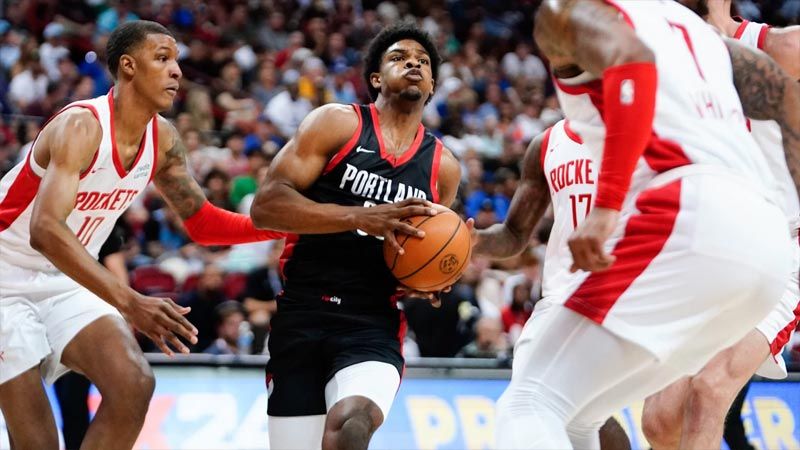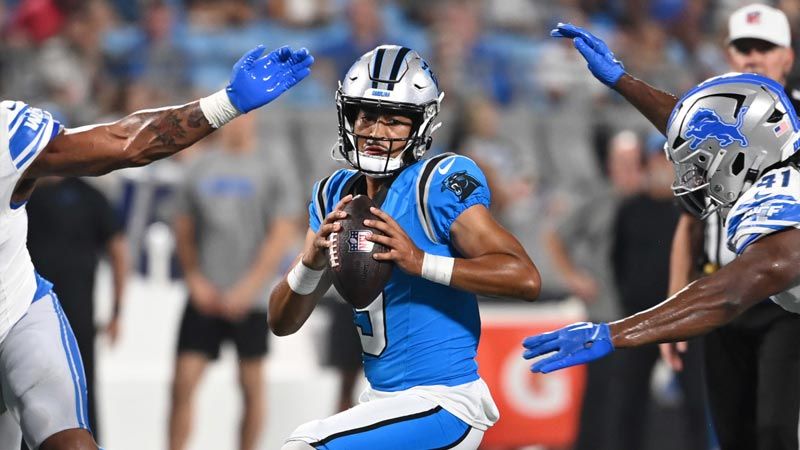Blackjack Payout Rules
Understanding blackjack payouts rules can significantly improve your chances of winning. The aim is to gain an edge over the house by mastering the payout structure. In blackjack, the payout process is straightforward and standard across most versions: a winning hand is usually paid out at 1:1, is paid at 3:2, and insurance bets at 2:1. But, specific scenarios like splits, doubles, or certain card combinations can alter these payouts.
Popular Sports Betting
Payouts for Splits and Doubles
Splitting pairs or doubling down are strategies that can transform your game, but understanding their blackjack payouts is essential. When splitting pairs, if your two new hands win, you get a payout for each hand. Say you split 8s and both your hands win, you obtain payout for both. But if you lose one hand and win the other, you effectively break even. Doubling your initial bet gives you the chance to double your potential winnings. However, it’s equally risky as there’s the chance to lose twice your original bet.

Rules for Splitting Pairs and Payout Implications
The ability to split pairs gives players an advantage over the house, as it opens possibilities for two winning hands. But each split hand plays independently and has its blackjack payouts rules. After splitting a pair, you can get a payout of 1:1 for each hand. But, if you split aces and pull a 10 to form a 21, this doesn’t count as a but a regular win with a 1:1 payout.
Doubling Down and Its Impact on Payouts
Doubling down is one of the most favorable blackjack payouts rules for players. When you double down, you double your initial bet and receive an extra card. If your hand beats the dealer’s, you receive a 2:1 blackjack payouts. However, the gamble is that if your hand loses to the dealer, you lose double your initial bet. Thus, you must use this option strategically.
Special Payouts in Blackjack Variants
Different variants come with unique rules and blackjack payouts. For instance, in ‘Double Exposure Blackjack’, both dealer’s cards are exposed, leading to different payout rules. A player pays even money, and ties except for blackjack are treated as player losses. In ‘Spanish 21’, player blackjack always beats dealer and special bonuses are given for certain combinations.
Bonus Payouts for Certain Card Combinations
Some variants give bonus blackjack payouts for specific card combinations. For example, “21+3” awards extra payouts if your two cards and the dealer’s upcard form a 3-card poker hand. In ‘Super Fun 21’, a hand of six cards totaling 20 always wins, and a player’s always beats the dealer’s.

Examples from Popular Blackjack Variants
In ‘European Blackjack’, the payout for blackjack is standard at 3:2. However, if the player and the dealer both have, it’s a standoff. In ‘Pontoon’, a 5-card trick beats all except Pontoon (a hand of an Ace and a ten-card), with a blackjack payouts of 2:1.
How Payout Rules Affect Strategy
Understanding blackjack payouts rules not only helps you know what to expect from your bets but also influences your gaming strategy. Knowing the payouts lets you calculate the risks and rewards of different moves. For instance, knowing that a variant pays 1:1 for a blackjack instead of the regular 3:2 may make you rethink doubling down on a hand.
Adjusting Blackjack Strategy Based on Payout Rules
Given the diversity in blackjack payouts rules, players must adjust their blackjack strategy accordingly. For instance, if the payout for blackjack is 1:1 instead of 3:2, as in some blackjack variants, it reduces the potential win and hence affects the player’s strategy. The key is to incorporate the blackjack payouts rules into your strategic moves, and more crucially, select the variant that presents you with the best payout opportunities.









